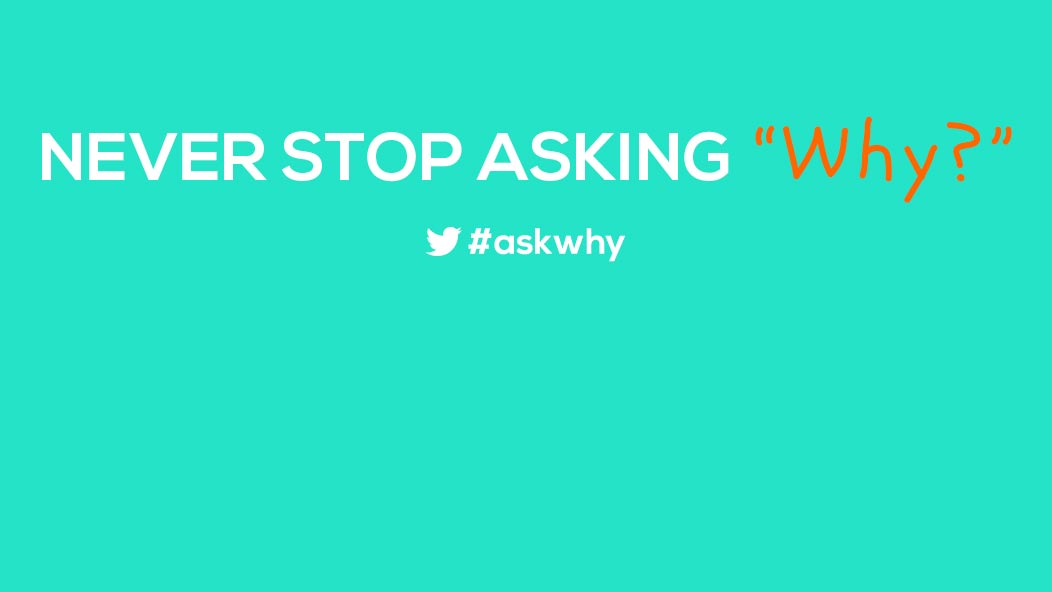
What causes that natural beauty of a total solar eclipse?? The Time and Date website uncovers the answer.
What is a total eclipse?
An eclipse is when the Moon passes between the Earth and the Sun. When this happens, the Moon covers up a portion of the sun, so you can still see part of the sun behind it. That’s called a partial eclipse, and they happen a few times each year.
A total eclipse is a little bit different. When the Sun and the Moon cross paths, sometimes their movement is just right where in certain parts of the world, the moon blocks out the entire Sun. It’s a very small amount of time where that is visible, but it’s very beautiful to look at!
Why does a total solar eclipse happen?
The Earth revolves around the Sun, and the Moon revolves around the Earth. That’s a lot of movement, so it’s not often that all three of them line up perfectly. In fact, total eclipses are rarely visible in the continental United States happened all the way back in 1979! After the 2024 total solar eclipse, Indianapolis won't be in another path of totality until 2153!
What's the path of totality?
When the Moon passes between the Earth and the Sun, it casts a shadow on the ground beneath it. That shadow moves along a path that’s called the “path of totality,” and that’s where a total eclipse is visible. The only part of the Sun that’s visible behind the Moon during a total eclipse is the outside, called the corona. It creates a beautiful vibrant red color, and the sky will go completely dark.
If you’re outside of the path of totality, you won’t be able to see the Moon blocking out the Sun totally, but you’ll still see a partial eclipse.
How can I safely watch the eclipse?
There are a few things you need to know before you head out to view the eclipse.
The most important thing is that looking directly at the Sun (which is behind the Moon) will damage your eyes, so you need to wear protective glasses. You should use glasses that are specifically made to view an eclipse, because they’re thousands of times more powerful than the sunglasses you have at home. Be aware that if you plan to use a telescope, it will need its own solar filter, and that your eclipse glasses are not a substitute for that equipment.
Also, don’t forget to pack a blanket, because it can get chilly!









